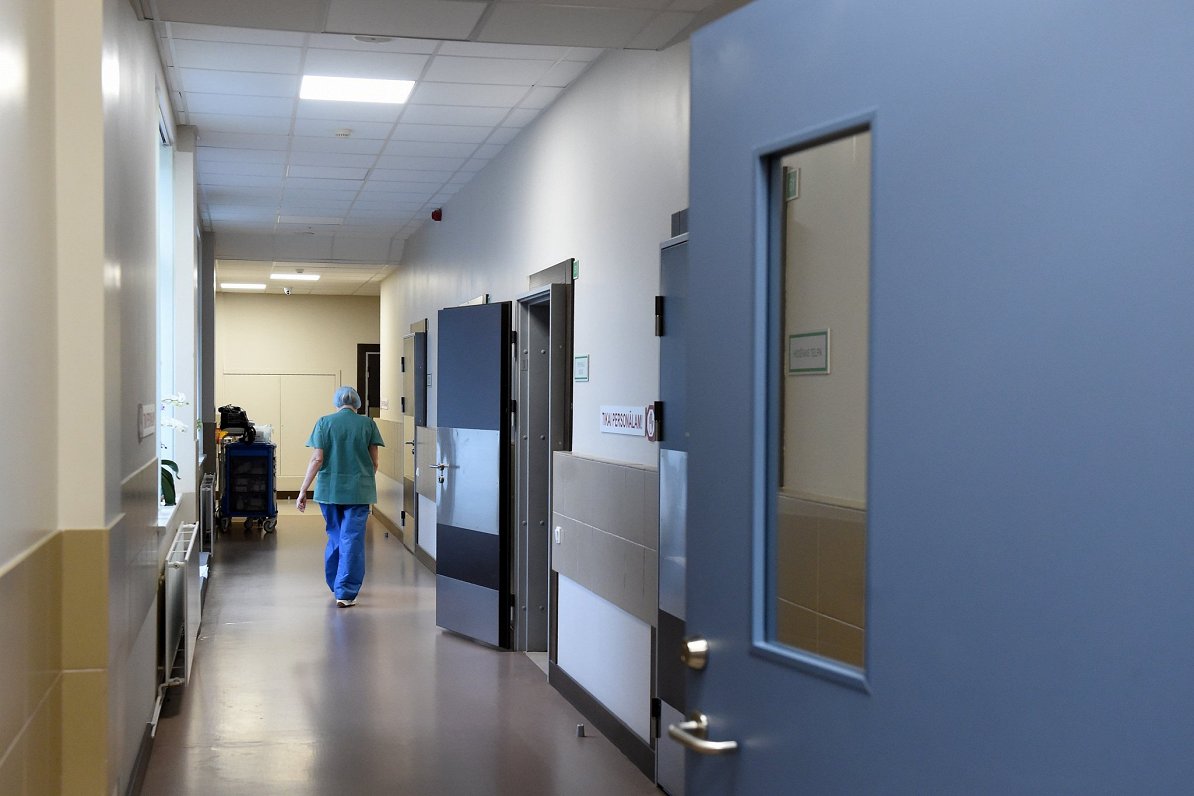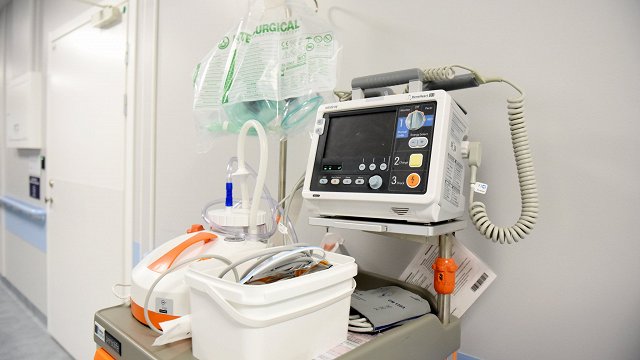Next week, December 28, vaccination against COVID-19 will start in Latvia. The first shots will be received by medics who are in daily contact with coronavirus patients. and by emergency medical services.
In Riga East Hospital (RAKUS), the largest number of coronavirus patients is treated, and the highest number of medics come in direct contact with COVID-19 patients. On Monday, December 28, vaccination will take place in both the hospital and the center of Infectology, but employee survey shows that there are some medics who do not want to be vaccinated at all.
In the initial survey, only 53% of hospital staff expressed their readiness to vaccination. Now the interest is growing slowly.
“People's attention is understandable, and information from other countries, thank you, is honest, and we are also told about anaphylactic shocks. Maybe it scares people. We are very prepared at the East Hospital and the first vaccinations will only take place in the hospital, where there is both intensive therapy and non-intensive, if anything happens,” said Ludmila Vīksna, chief specialist of infectology.
Each vaccinated worker will be observed for half an hour.
In the survey conducted at Stradiņš Hospital, around 70% of the employees were willing to vaccinate.
“There are different views on vaccination in society, there are theories about the dangers of this vaccination, now people have obviously been affected by it, and in this situation it is difficult to convince you about something else,” said Rinalds Muciņš, Chairman of the Board of Stradiņš Hospital.
Doctors and nurses mostly take this opportunity, and among those categorically refusing to be vaccinated are mostly care workers and other staff.
“At the moment, I have no information that any medical practitioner working with COVID-19 patients would have refused vaccination. Obviously, we cannot put employees at additional risk, and we will look into the possibility that they continue to work elsewhere where there is not such a high risk of COVID-19 infection,” he said.
State Emergency Medical Service (NMPD) has observed that younger workers are more skeptical of the vaccine.
However, the current COVID-19 statistics also allow many to be aware of the seriousness of the situation and of their decision to change.
“We see this huge increase in patients, overload in hospitals, (..). Employees are more responsive and more interested at the moment, asking questions much more. We will be very keen to respond to everyone.
The fact that vaccination needs informed consent is absolutely normal,” said Liene Cipule, head of NMPD.
In the first months of the year, residents and employees of long-term social-care centers could also get vaccines, but in March individuals who have reached the age of 60 could start to be vaccinated.





























